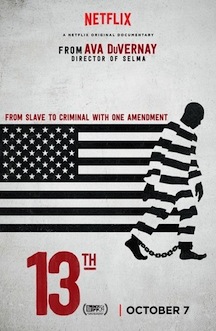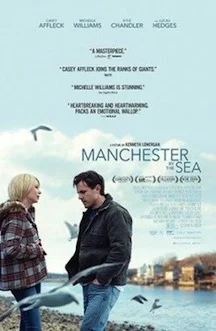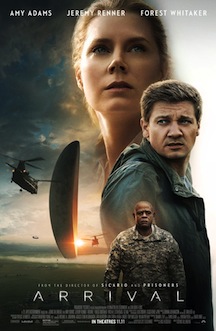Directed by Pedro Almodovar
Country: Spain
After watching the gloomy drama “Julieta”, we come to the conclusion that Pedro Almodovar, perhaps the most emblematic film director of the current Spain, continues very far from the artistry of his early works but fairly ahead of the ridiculousness of "I’m So Excited!", his previous film.
The 20th feature film of Almodovar’s directorial career was inspired by three short stories, “Chance”, “Soon” and “Silence”, by Alice Munro, a Canadian Nobel Prize winner.
Adopting the same strategy of the writer, Almodovar sets the story back and forth in time, relying on Alberto Iglesias’s dismal musical score and well-planned close-ups to extend its dramatic perimeter.
Julieta (Emma Suárez) has almost everything prepared to finally leave Madrid and move to Portugal with her boyfriend Lorenzo (Darío Grandinetti). However, she decides to cancel this longtime planned trip after bumping into Beatriz (Michelle Jenner), a childhood friend of her estranged daughter, Antia, who left home when she was 18 to a spiritual retreat and never came back or contacted her again.
While vacationing in Lake Cuomo, Beatriz saw Antia with her three children and the latter’s reaction wasn’t the best.
Even without an address, Julieta, decides to write a final letter to Antia, where she unravels more about her daughter’s father, Xoan (Daniel Grao), a humble fisherman who had been unfaithful to her with Ava (Inma Cuesta), an artist friend from his hometown.
The story winds back to the moment when a young and bold Julieta (Adriana Ugarte), in her early twenties, meets Xoan on a train and makes love to him in one of the cars. Months later, after a successful first experience as a classic literature teacher, she abdicates from work in order to live near the sea with Xoan, whose wife had recently died. Already pregnant, she was welcomed by Marian (Rossy de Palma), a moody maid who tried to warn her about Xoan’s weaknesses.
Almodovar urges us to immerse ourselves into a complex emotional entanglement that only gave half of what was promised in a first instance.
The tragedy, cooked with lugubrious tones, failed to reach the depth intended and leaves a bitter taste in the mouth after the credits roll.
The dazzling cinematography by Jean-Claude Larrieu was the only outstanding feature since Almodovar lacked the ability to explore his own script in a way to escape the conventional. Even with some interesting moments, this is a modest pic from a talented director from whom we expect more and better.




























































